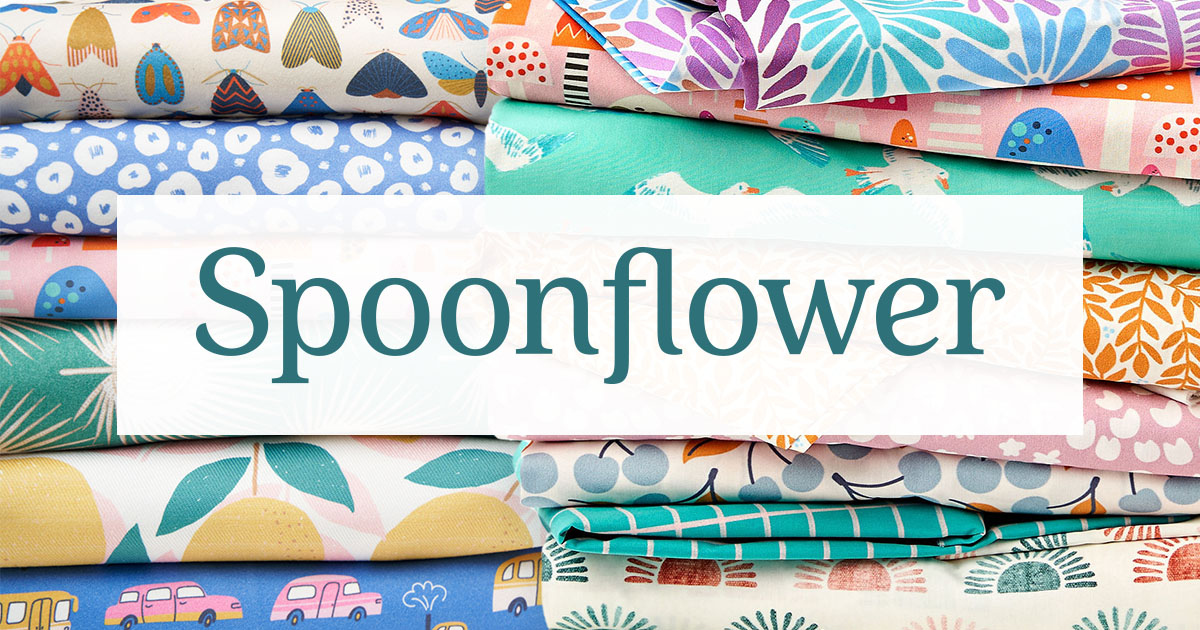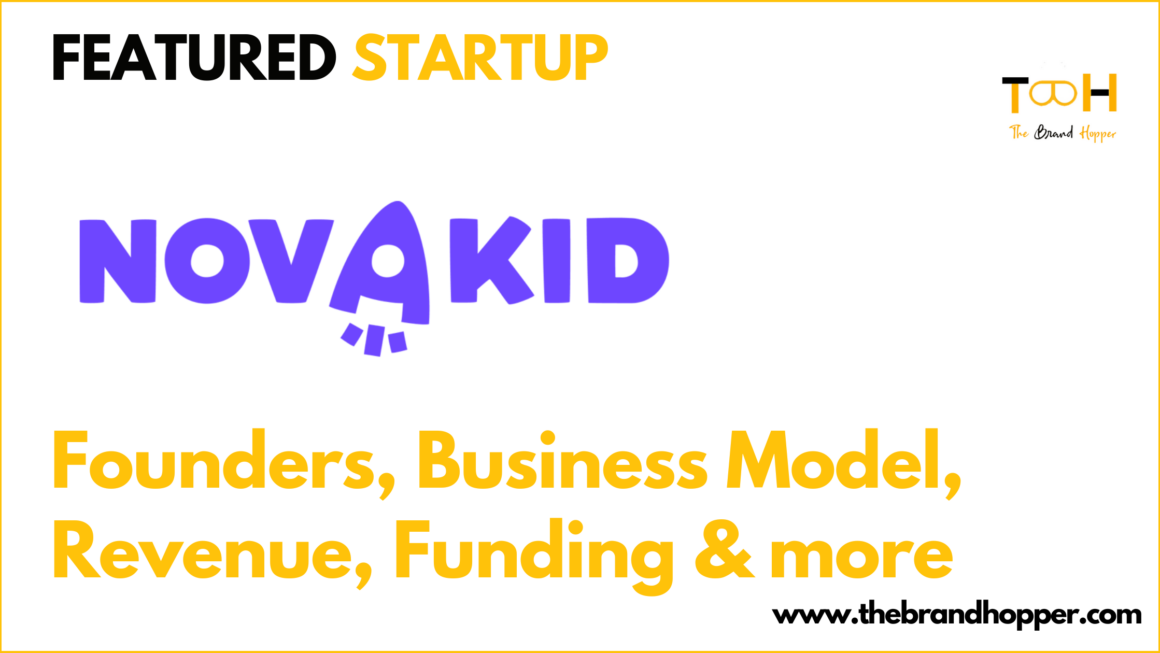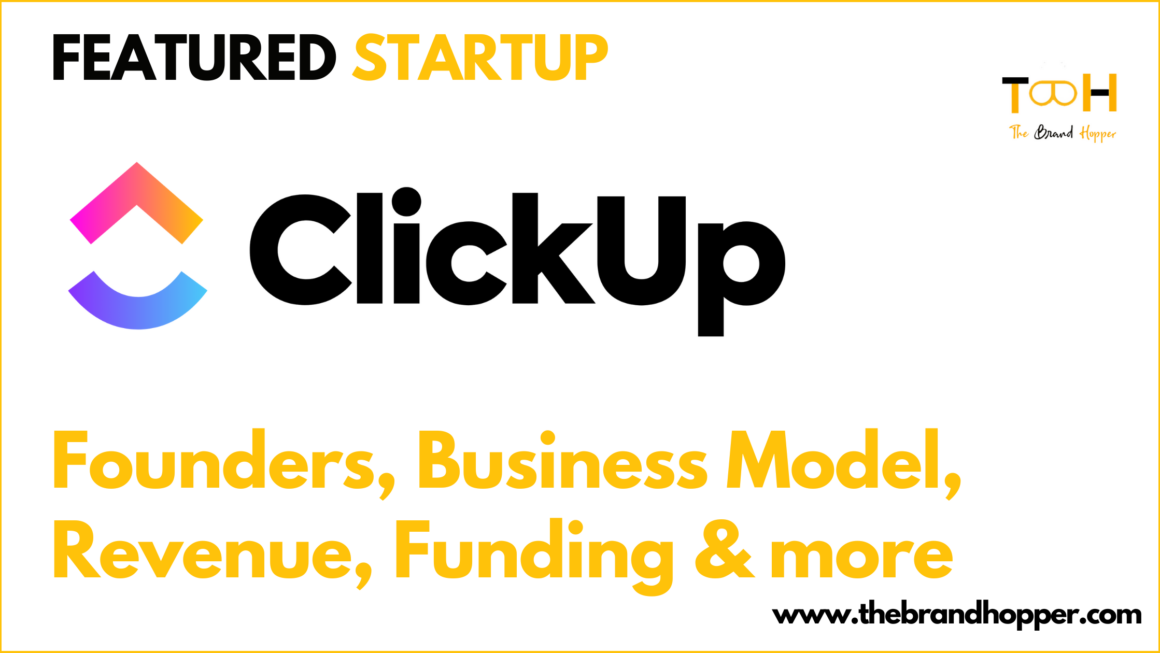Spoonflower is a unique and innovative company that has revolutionized the world of custom fabric printing and design. Founded in 2008 by Stephen Fraser and Gart Davis in Durham, North Carolina, Spoonflower has grown from a small startup to a global leader in on-demand, digital printing of custom fabrics, wallpaper, and home decor.

The core concept behind Spoonflower is to allow anyone to design, print, and sell their own custom fabric designs. This idea was born when Fraser’s wife, a crafty hobbyist, expressed frustration at the limited fabric options available for her projects. Recognizing a gap in the market, Fraser and Davis set out to create a platform that would democratize textile design and production.
The company’s name, “Spoonflower,” was inspired by a North American wildflower, adding a touch of whimsy and creativity to the brand from the very beginning. This spirit of creativity and innovation has remained central to the company’s ethos throughout its growth and development.
Spoonflower’s business model is built on three key pillars: custom printing services, a marketplace for independent designers, and a vibrant community of creatives. The company uses digital printing technology to produce small runs of custom-designed fabrics, wallpapers, and other home decor items. This on-demand production model allows for incredible flexibility and personalization, with no minimum order quantities.
One of Spoonflower’s most significant innovations is its web-based design interface. Users can upload their own designs or choose from millions of designs created by independent artists in the Spoonflower marketplace. The platform offers a variety of fabric types, from cottons and silks to performance fabrics and eco-friendly options, allowing customers to select the perfect material for their projects.
The Spoonflower marketplace has become a thriving ecosystem for independent designers. Artists can upload their designs and earn commissions when their patterns are purchased by other users. This has created opportunities for designers worldwide to monetize their creativity and reach a global audience. The marketplace now features millions of designs, ranging from traditional patterns to cutting-edge, contemporary artwork.
Spoonflower’s community aspect is another key element of its success. The company hosts design challenges, workshops, and other events that engage its user base and foster creativity. These community-building efforts have helped create a loyal following and positioned Spoonflower as more than just a printing service, but as a hub for textile design enthusiasts.
From a technical standpoint, Spoonflower’s digital printing process offers several advantages over traditional textile printing methods. It allows for intricate, multi-color designs without the setup costs associated with screen printing. The process is also more environmentally friendly, using less water and producing less waste than conventional methods.
In 2015, Spoonflower expanded its offerings by launching Roostery, a home decor brand that uses Spoonflower fabrics to create made-to-order home goods such as pillows, curtains, and upholstered furniture. This vertical integration allowed the company to capture more of the value chain and offer customers a wider range of finished products.
The company’s growth has been impressive. From its humble beginnings in a basement, Spoonflower has expanded to a 25,000-square-foot facility in Durham and has opened additional production facilities in Berlin, Germany to serve the European market. This international expansion has helped the company tap into global design trends and serve a worldwide customer base.
Spoonflower’s success has not gone unnoticed in the business world. In 2021, the company was acquired by Shutterfly, a leading digital retailer and manufacturing platform for personalized products. This acquisition has provided Spoonflower with additional resources and expertise to continue its growth and innovation.
Throughout its history, Spoonflower has maintained a strong commitment to sustainability and ethical production. The company uses eco-friendly, water-based inks and offers a range of sustainable fabric options. It has also implemented various initiatives to reduce waste and improve energy efficiency in its production processes.
The impact of Spoonflower on the textile and design industries has been significant. By making custom fabric printing accessible to individuals and small businesses, the company has enabled a new wave of entrepreneurship in fashion, home decor, and crafting. It has also challenged traditional notions of textile design and production, pushing the industry towards more personalized, on-demand models.
Looking to the future, Spoonflower continues to innovate and expand its offerings. The company is exploring new materials and printing technologies, as well as ways to further streamline the design and ordering process. As the demand for personalized and unique products continues to grow, Spoonflower is well-positioned to remain a leader in the custom textile and home decor market.
Founding Story and Founders of Spoonflower
Spoonflower was founded in 2008 by Stephen Fraser and Gart Davis. The idea was born out of a simple yet powerful observation: traditional fabric manufacturing and distribution were not only expensive but also limited in terms of the variety available to consumers. This problem was particularly noticeable to Stephen Fraser, who observed his wife’s frustration with the limited fabric choices available for home decor and quilting projects. Realizing there was a gap in the market for custom-designed fabrics, Stephen and Gart set out to create a platform that allowed individuals to design, print, and sell their own fabric creations.
The duo envisioned a digital marketplace where anyone could upload their designs and have them printed on fabric, wallpaper, and gift wrap. They aimed to democratize fabric design, making it accessible to hobbyists, small business owners, and professional designers alike. This vision led to the creation of Spoonflower, which has since revolutionized the textile industry by allowing for on-demand printing and customization.
About the Founders:
Stephen Fraser

Stephen Fraser has a background in publishing and marketing. Prior to founding Spoonflower, he worked at Lulu.com, a self-publishing platform, which provided him with valuable insights into the power of digital platforms and user-generated content. His experience at Lulu.com was instrumental in shaping the business model of Spoonflower, emphasizing community engagement and user empowerment.
Gart Davis

Gart Davis also brought significant experience to Spoonflower, having co-founded Lulu.com with Bob Young, the founder of Red Hat. Gart’s background in technology and entrepreneurship helped in building the robust digital infrastructure needed for Spoonflower. His expertise in creating scalable online platforms was crucial in developing the tools and processes that allow Spoonflower to handle the complexities of custom fabric printing and order fulfillment.
Together, Stephen Fraser and Gart Davis combined their complementary skills to create a pioneering company that not only caters to the creative needs of individuals but also supports small businesses and independent designers. Their innovative approach has made Spoonflower a leading name in the custom fabric and digital textile printing industry.
Business Model of Spoonflower
Spoonflower operates on a direct-to-consumer (DTC) and business-to-business (B2B) model, focusing on custom, on-demand textile printing. This model is supported by several key components:
Custom Printing Services:
On-Demand Printing: Spoonflower allows customers to upload their own designs, which are then printed on various types of fabric, wallpaper, and home decor items. This eliminates the need for large inventory and reduces waste, as items are produced only when ordered.
Product Range: The company offers a wide range of products, including fabrics, wallpaper, gift wrap, and finished goods like pillows, curtains, and bedding. This diversity appeals to a broad audience, from DIY enthusiasts to professional designers.
Marketplace for Designers:
Designer Community: Spoonflower has cultivated a vibrant community of independent designers who can upload and sell their designs on the platform. Designers earn a commission on every sale of their designs, creating a passive income stream for them.
Revenue Sharing: Designers typically earn around 10-15% commission on the sale price of their products. This incentivizes designers to contribute unique and high-quality designs, enriching the overall product offering.
B2B Services
Wholesale Program: Spoonflower offers a wholesale program for businesses, providing bulk pricing and customization options for commercial projects. This includes small businesses, interior designers, and larger enterprises needing custom fabrics or decor.
Partnerships: Spoonflower collaborates with various companies and institutions for special projects, extending its reach and brand visibility.
Technology and Infrastructure
Digital Platform: The core of Spoonflower’s business model is its robust digital platform, which facilitates the design upload process, order management, and customer service. The platform is user-friendly, making it accessible to a wide range of users.
Manufacturing Facilities: Spoonflower operates state-of-the-art printing facilities in the USA and Europe (Durham, North Carolina, and Berlin, Germany), ensuring high-quality production and efficient fulfillment.
Financial Performance and Growth of Spoonflower
Revenue Growth: As of 2023, Spoonflower has seen substantial growth, with annual revenue estimated to be in the range of $38.5 million. This growth is driven by the increasing demand for personalized and custom home decor and the expanding designer community.
Customer Base: Spoonflower serves a diverse customer base, including over 4 million unique customers globally. Their reach extends from hobbyists to professional designers and businesses.
Market Expansion: The acquisition by Shutterfly in 2021 has enabled Spoonflower to leverage additional resources and technology, further accelerating its market expansion and product development.
Funding Rounds of Spoonflower
Initial Funding and Seed Rounds:
Spoonflower’s journey began with early-stage funding to support its innovative business model. The initial funds were crucial for building the digital platform, setting up manufacturing facilities, and marketing the brand to a niche audience.
Series A Funding:
In 2010, Spoonflower raised its first significant round of funding, securing $3.5 million in a Series A round led by Durham-based The Investors’ Circle, a network of angel investors focusing on sustainable and mission-driven businesses. This round helped Spoonflower expand its product offerings, enhance its digital platform, and scale its manufacturing capabilities.
Series B Funding:
By 2015, Spoonflower had gained substantial traction and required additional capital to fuel its growth. The company raised $25 million in a Series B funding round led by North Bridge Venture Partners. This investment was pivotal for Spoonflower as it allowed them to expand their international presence, particularly with the establishment of a manufacturing facility in Berlin, Germany. The funds were also used to enhance marketing efforts, improve user experience, and support the growing designer community.
Series C Funding and Acquisition by Shutterfly:
In 2021, Spoonflower’s growth and market potential attracted the attention of Shutterfly, a leading online photo product and personalized goods platform. Shutterfly acquired Spoonflower for approximately $225 million. This acquisition was part of Shutterfly’s strategy to diversify its offerings and enter the custom fabric and home decor market. The acquisition provided Spoonflower with access to Shutterfly’s extensive resources, technology, and customer base, enabling further expansion and innovation.
Key Investors:
- The Investors’ Circle: Early seed funding, focusing on sustainable and mission-driven businesses.
- North Bridge Venture Partners: Led the Series B funding, helping Spoonflower scale its operations and international presence.
- Shutterfly: Acquired Spoonflower in 2021, integrating it into its broader portfolio of personalized products and services.
Impact of Funding:
Expansion and Scaling: The funding rounds allowed Spoonflower to scale its operations significantly. This included setting up a European manufacturing facility, which reduced shipping times and costs for international customers, and expanding the product range to include more fabrics, wallpapers, and home decor items.
Technology and Platform Development: Investments were channeled into enhancing the digital platform, making it more user-friendly and robust. This included improvements in design upload processes, order management systems, and customer support infrastructure.
Community Building: With additional funds, Spoonflower could invest in community engagement initiatives, such as design challenges, tutorials, and social media campaigns, fostering a loyal and active user base.
Sustainability Initiatives: Funding also supported Spoonflower’s commitment to sustainability. This included using eco-friendly inks and materials, implementing waste reduction practices, and promoting sustainable design principles.
Summary Table:
| Funding Round | Year | Amount | Lead Investor(s) | Purpose |
|---|---|---|---|---|
| Seed Funding | 2008 | Initial Seed | The Investors’ Circle | Build digital platform, set up manufacturing |
| Series A | 2010 | $3.5 million | The Investors’ Circle | Expand product offerings, scale operations |
| Series B | 2015 | $25 million | North Bridge Venture Partners | International expansion, enhance marketing |
| Acquisition by Shutterfly | 2021 | $225 million | Shutterfly | Access to Shutterfly’s resources, further growth |
Competitors of Spoonflower
Spoonflower operates in a competitive market for custom fabric and print-on-demand services, facing several notable competitors. Here’s a detailed look at some of its main competitors:
1. Contrado
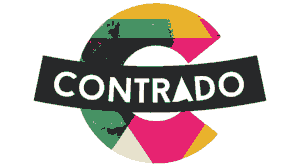
Overview: Contrado, based in London, England, offers a wide array of over 107 types of fabrics suitable for various uses, including clothing, home decor, and accessories.
Strengths:
- Wide Product Range: Contrado manufactures over 450 premium-quality products from fabrics, including t-shirts, hoodies, dresses, and home decor items.
- Customization and Branding: Supports custom labels, printed tags, and other branding options, making it appealing for small businesses and designers.
- Fast Shipping: Orders are dispatched within 1-3 days and shipped internationally via FedEx, DHL, UPS, and TNT.
Pricing: Fabrics start from $52 per yard with shipping costs starting from $9.75 to the US, $15 to the EU, and $33 to the rest of the world.
2. WeaveUp
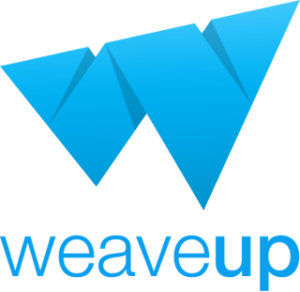
Overview: WeaveUp, based in Durham, North Carolina, focuses on custom fabric printing and also offers software solutions for textile customization.
Strengths:
- Innovative Technology: Offers a unique platform for custom fabric design with a strong focus on user experience and customization.
- Collaborative Design: Allows users to co-create and modify designs, fostering a community-driven approach to textile design.
Revenue: WeaveUp generates an estimated revenue of $5M – $25M annually.
3. Society6
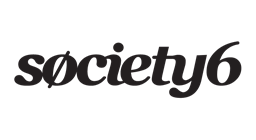
Overview: Society6, headquartered in Santa Monica, California, is an online marketplace for artists to sell their designs on various products, including fabrics, home decor, and accessories.
Strengths:
- Diverse Product Range: Offers a wide variety of products from wall art to home goods, allowing artists to monetize their designs across different mediums.
- Large Artist Community: Strong community of artists contributing unique designs, making it a popular destination for creative consumers.
Revenue: Society6 generates between $100M – $500M annually, making it a significant player in the print-on-demand market.
4. Fabric.com
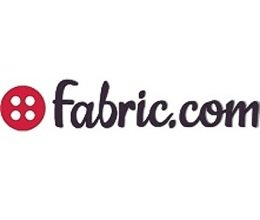
Overview: Fabric.com is an online fabric store offering a vast selection of fabrics for all types of projects, including home decor, apparel, and crafts.
Strengths:
- Extensive Selection: Offers a wide range of fabric types and patterns, catering to various needs from home decor to fashion.
- Affordable Pricing: Competitive pricing with frequent deals and discounts, making it an attractive option for budget-conscious consumers.
Shipping: Free shipping on orders over $49 in the US, making it cost-effective for large purchases.
5. Joann
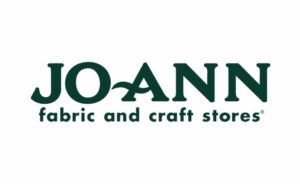
Overview: Joann is a well-known craft and fabric retailer with a robust online presence, offering a variety of fabrics, craft supplies, and sewing materials.
Strengths:
- Wide Product Range: Extensive selection of fabrics and crafting materials, making it a one-stop shop for hobbyists and professionals alike.
- Frequent Discounts: Regular sales and coupon offers, enhancing affordability and customer loyalty.
Shipping: $4.99 flat rate shipping on all orders within the US, with additional discounts and promotions available regularly.
6. Online Fabric Store
Overview: Online Fabric Store provides a broad range of fabrics for various applications, with an emphasis on quality and customer service.
Strengths:
- High-Quality Selection: Offers fabrics seen on popular TV shows and used by professional designers, ensuring high standards.
- Customer Incentives: Free shipping on orders over $50 and periodic free shipping days.
Pricing: Competitive prices with frequent promotions, making it a popular choice for both small-scale and large-scale projects.
7. West Elm
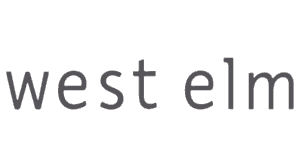
Overview: West Elm, primarily known for home decor, also offers a selection of fabrics by the yard, appealing to DIY enthusiasts and professional designers.
Strengths:
- Stylish Selection: Focus on modern, trendy designs that align with current home decor trends.
- Affordable Options: Competitive pricing for high-quality fabrics, making it accessible for various budgets.
Shipping: Offers shipping deals and promotions, enhancing its appeal to cost-conscious consumers.
Also Read: Fanatiz : Founders, Business Model, Funding, Revenue, Competitors
To read more content like this, subscribe to our newsletter

